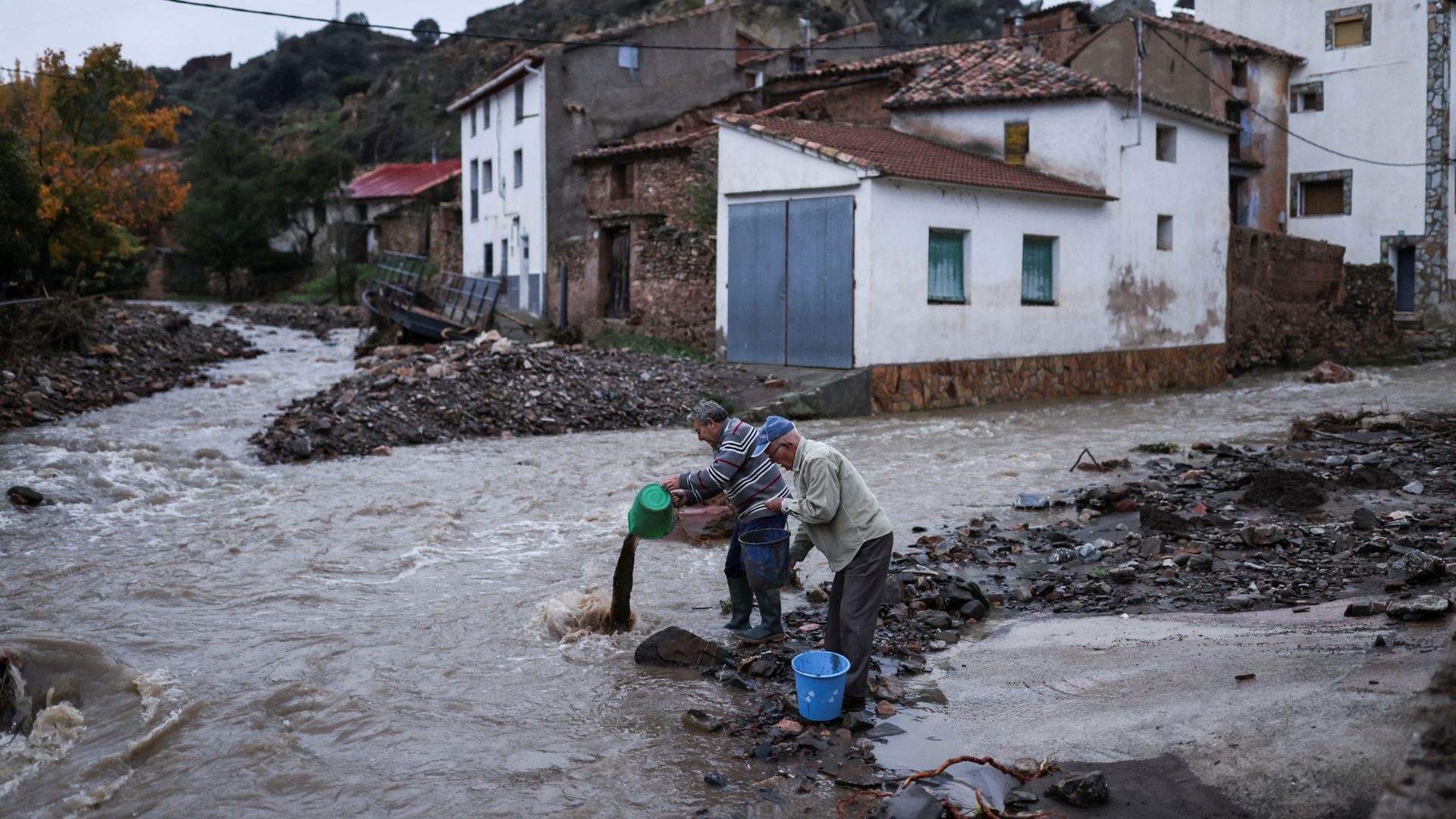
HOULTON, Maine — The total solar eclipse is coming in spring when things are starting to wake up and beginning to grow anew, said Dolores Crofton-Macdonald, language coordinator with the Houlton Band of Maliseet Indians.
Crofton-Macdonald shared a story about the eclipse or seqqe (pronounced zehk-kwehy), the 13 moons of the celestial calendar and how Mother Earth, the sun and moon have an effect on tides, people and animals.
“Mother Earth supports all of our activities. Without her we would not have any way of survival. That nurturing energy is the life force that sustains us here,” she said. “So with the seqqe it’s like a renewal of the agreement that Mother Earth and the Moon and the Sun have together to provide nourishment and love and growth for us and the animals and plants.”
Across the nation, as the total solar eclipse moves from west to east on April 8, indigenous teachings about the event often tie to closely held origin stories varying from family to family and tribe to tribe. Some, like the Navajo in the southwest, view the eclipse as a time of quiet, often solitary reflection. Some stories warn of the dangers — eye damage and bad omens — of looking at the eclipse. Others talk of the eclipse and the moon cycles.
These stories are deeply personal and for most, the details are not shared publicly but rather held close to their hearts.
Crofton-Macdonald, who does not talk about eclipse ceremonies, shares that her eclipse stories are about celebration and gratitude for Mother Earth’s life-bringing force. But she points out that the stories told to her about the seqqe may be different from stories told to other native people, even within her tribe.
“They pass down to family and community members. But we are not talking for the whole community. We do not talk for the community, they are our own stories and what we have learned and the stories that were given to us,” she said.
According to many Wolastoqiyik, the preferred reference to Maliseet Indians in Maine and New Brunswick, the sun, moon and stars have been guiding native people along Maine’s waterways and passages for centuries. Elders’ stories, passed from generation to generation, often include the importance of the cosmos to daily life.
“Our travelers that came up the Wolastoq (St. John River) and turned at the Meduxnekeag were absolutely the best astronomers because we looked up at the sky for navigation,” Crofton-Macdonald said. ”Our people used the sun, the moon for traveling, for season traveling and watching the way the animals moved and how they navigated through our forests.”
The Mi’kmaq, as far as Vice Chief Richard Silliboy knows, saw the eclipse as a natural occurrence and did not pay a lot of attention to it.
“As far as the eclipse goes from my tribe, it is my understanding that we never made a big deal of it,” he said. “It was just an occurrence that happens every now and then. My understanding was, my people knew what it was but they probably didn’t know when it was going to happen.”
He talks about how the Mi’kmaq are known as the people of the dawn and how they have always worshiped the sunrise.
“We all have sunrise ceremonies and when we build our huts or sweat lodges today, we always build the door to the east to draw in the morning sun,” he said. “My people also were very knowledgeable about the stars, the seasons and the equinox. It’s difficult to get additional information because the coming of the Europeans was so devastating to the Mi’kmaq people.”
Many of their stories were lost when nearly 95 percent of their population died within a few years of the Eupopeans coming to America because of the spread of disease. The epidemic in 1610 and 1611 was devastating to the Mi’kmaq, he said.
“When the native people were getting used to the Europeans, they would seek their help when they got ill and they would bring back more disease into the communities,” he said. “We never really had a whole lot of written documents and it is difficult to bring back these traditions and legends. We are struggling today to revive our culture and our language.”
Silliboy said from what he has been told, his people over time had seen partial eclipses and had an understanding of what caused the moon to go in front of the sun. Because it was only a few minutes, they just went on with life.
The elders of both the Penobscot and Passamoquoddy tribes chose not to share their intimate eclipse stories because they did not want them published.











